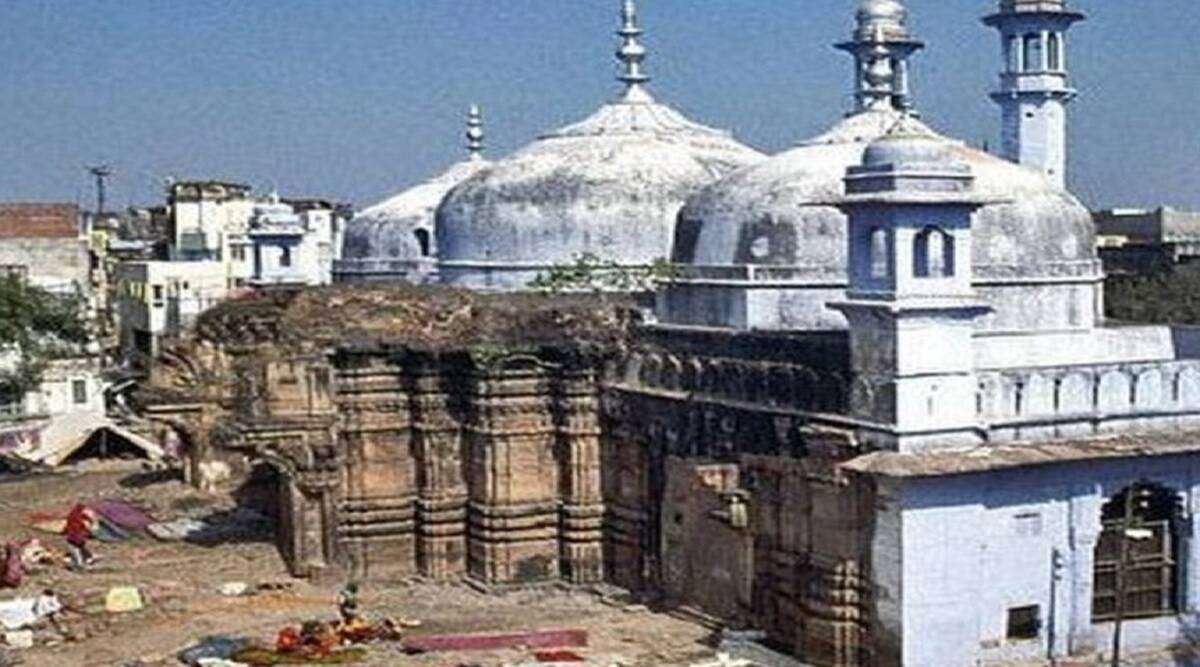The Supreme Court observed on Friday that may need a trial to determine the religious nature of the disputed structure as the Muslim side pressed that any suit seeking the right to worship Hindu deities inside the complex or title of the land was absolutely barred under the Places of EWorship Act, 1991.
“You are saying you are covered by the Places of Worship Act, 1991. You say you cannot alter the status as it existed as on August 15, 1947, and it cannot be converted also. Therefore, what was the religious character also has to be led by evidence. Is it not?” a bench, led by Chief Justice DY Chandrachud told senior counsel Huzefa Ahmadi, who appeared for the Muslim side.
Ahmadi said that the suit filed by some Hindu women seeking the right to worship was “ex facie barred”. However, the bench, which also included justices JB Pardiwala and Manoj Misra, replied: “You are saying it is barred by the 1991 Act..It will have to be seen at evidence in trial.”
Senior advocate Madhavi Divan, appearing for some of the Hindu women plaintiffs, said that she would be opposing any plea to halt the proceedings before the Varanasi civil court on the ground of maintainability of their suit.
The top court adjourned the hearing of the matter to October 16.
The Places of Worship Act, 1991 maintains the religious character of any place of worship as it existed on August 15, 1947, with the exception of the Ram Janmabhoomi case.














